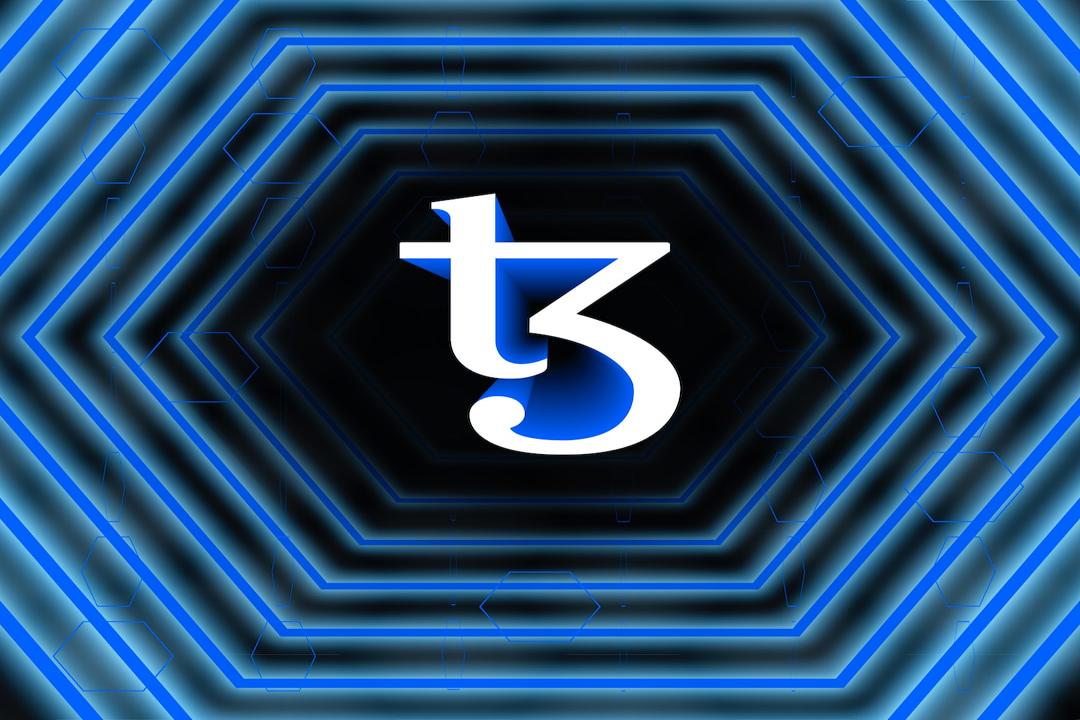Cryptocurrency Lawyer James Murphy Sues the U.S. Department of Homeland Security for the Identity of Satoshi Nakamoto
Cryptocurrency lawyer James Murphy has filed a lawsuit against the U.S. Department of Homeland Security (DHS), demanding the disclosure of the true identity of Bitcoin’s creator “Satoshi Nakamoto,” raising significant attention within the community.
(Background: Is Twitter founder Jack Dorsey Satoshi Nakamoto? deBanked CEO offers 51 clues identifying Jack Dorsey)
(Additional context: Satoshi Nakamoto’s wealth surpasses that of Bill Gates, making him the 16th richest person in the world. Does Kraken secretly hold KYC data of the father of Bitcoin?)
On April 7, renowned U.S. cryptocurrency lawyer James Murphy (whose X account is MetaLawMan) officially filed a lawsuit in the U.S. District Court for the District of Columbia against the DHS under the Freedom of Information Act (FOIA), aiming to compel the DHS to release confidential documents regarding the identity of Bitcoin’s creator Satoshi Nakamoto.
DHS Video Clue
The lawsuit stems from a shocking statement made by DHS agent Rana Saoud during the OffshoreAlert Conference North America held in Miami in April 2019. According to a preserved YouTube record, Saoud claimed in his speech that DHS agents had met with “four individuals” whom they believed were involved in the creation of Bitcoin. Saoud mentioned in the video:
“The agents flew to California and realized that he (referring to the creator) did not create this (Bitcoin) alone; there were three other people. They sat down and talked with these four individuals to understand how this (Bitcoin) works and what the motivations and ‘end game’ behind it were.”
Murphy explained on his X platform that if the meeting occurred as the agent described in the video, there should be documentation recording the substantive content of that meeting. Murphy stated that government agencies cannot make such specific claims in a public forum and then refuse to provide supporting evidence. He remarked that if the DHS refuses to disclose the relevant information, he would “pursue the case to the end,” determined to unravel the long-standing mystery surrounding the origins of Bitcoin.
“My FOIA lawsuit is straightforward: I am asking (DHS) to provide notes, emails, and other documents related to that alleged meeting.”
Community Interest in Revealing Satoshi Nakamoto
Since “Satoshi Nakamoto” published the Bitcoin white paper in 2008 and quietly disappeared from the internet around the end of 2010, numerous speculations have arisen regarding his true identity. Many individuals have been suspected of being Satoshi Nakamoto, including the late cryptographer Hal Finney, blockchain pioneers Nick Szabo and Adam Back, the erroneously reported Dorian Nakamoto, and self-proclaimed Australian academic Craig Wright. However, these individuals have either denied or been disproven as being Satoshi Nakamoto.
Murphy’s lawsuit has also sparked community interest in uncovering Satoshi Nakamoto’s identity, but there is a significant divide within the community regarding the public disclosure of Satoshi’s identity. Some individuals are concerned that confirming Satoshi’s identity could undermine the core spirit of Bitcoin’s decentralization.
If the creator is confirmed, regardless of whether he is alive or willing, he might be ascribed too much symbolic significance or potential influence by the outside world, potentially triggering panic in the market regarding the movement of his large holdings of early Bitcoins (estimated to be about 1.1 million coins). Revealing the identity could also expose this creator or creators to significant personal safety and privacy risks.
However, some believe that revealing the truth could bring benefits. They hope to dispel conspiracy theories suggesting that Bitcoin is a secret project of the U.S. government or other national institutions, thereby increasing transparency and enhancing public trust in Bitcoin. Murphy himself aligns with this perspective.
“When I speak to audiences new to Bitcoin (such as corporate executives and policymakers), they often struggle to understand the anonymity of Bitcoin’s creator, while the origins of other major crypto projects are relatively transparent.”
Impact of the Case on Bitcoin
Despite sparking discussions within the cryptocurrency community, the market itself appears relatively unconcerned about the potential impact of this lawsuit on price fluctuations, indicating that most still believe the likelihood of legally uncovering Satoshi’s identity is low.
The Department of Homeland Security has numerous ways to refuse disclosure, citing reasons such as involving sensitive information related to law enforcement investigations, personal privacy, or national security, invoking FOIA exemptions to resist information release. If this is indeed the case, Murphy and his legal team (including former U.S. Assistant Attorney Brian Field, who specializes in FOIA litigation) will face a prolonged legal battle.
Regardless of the outcome, Satoshi Nakamoto’s identity remains a mystery at the core of cryptocurrency history and culture, and whether the principle of decentralization aligns with whether the DHS holds relevant documents—and whether those documents will point to the true creator of Bitcoin—remains to be determined by the courts and time.


